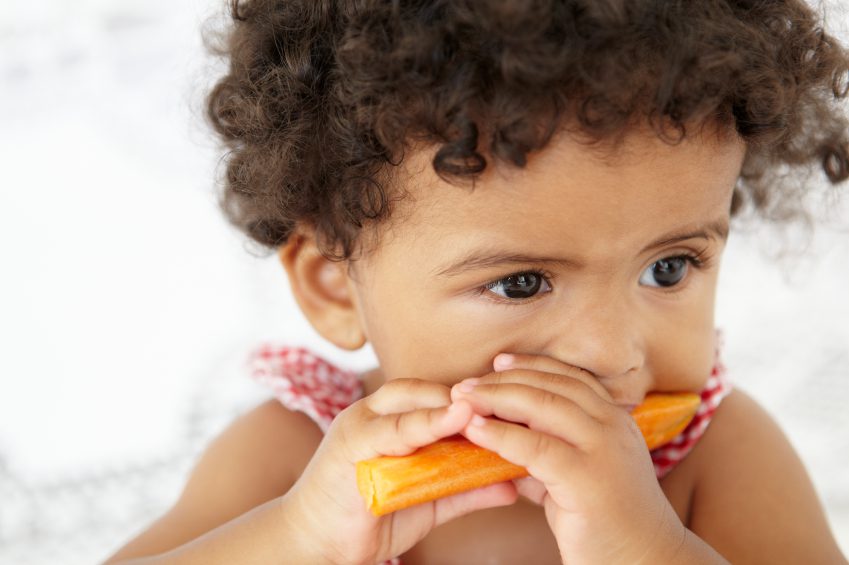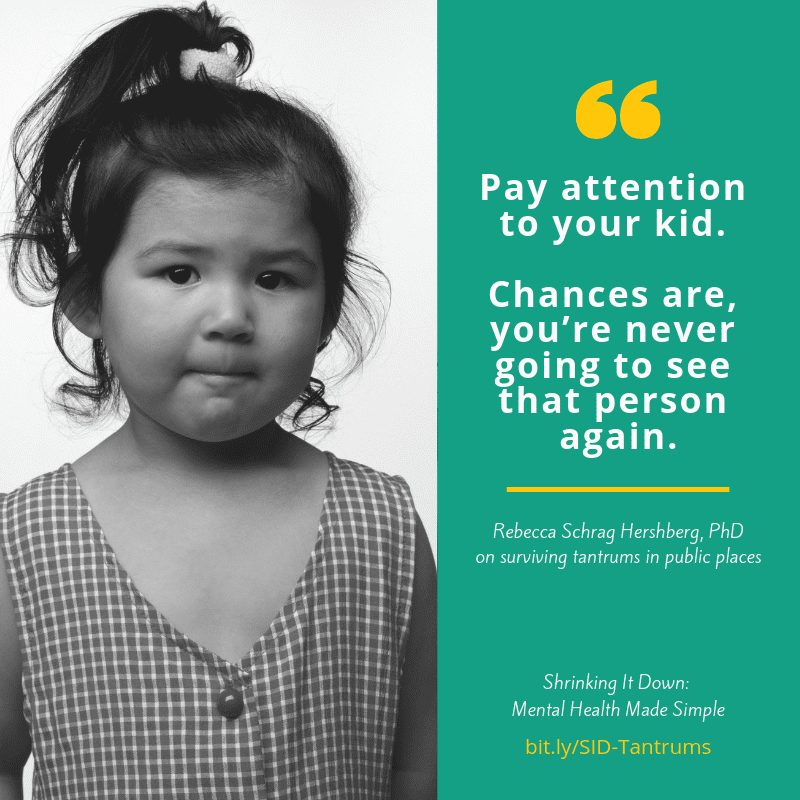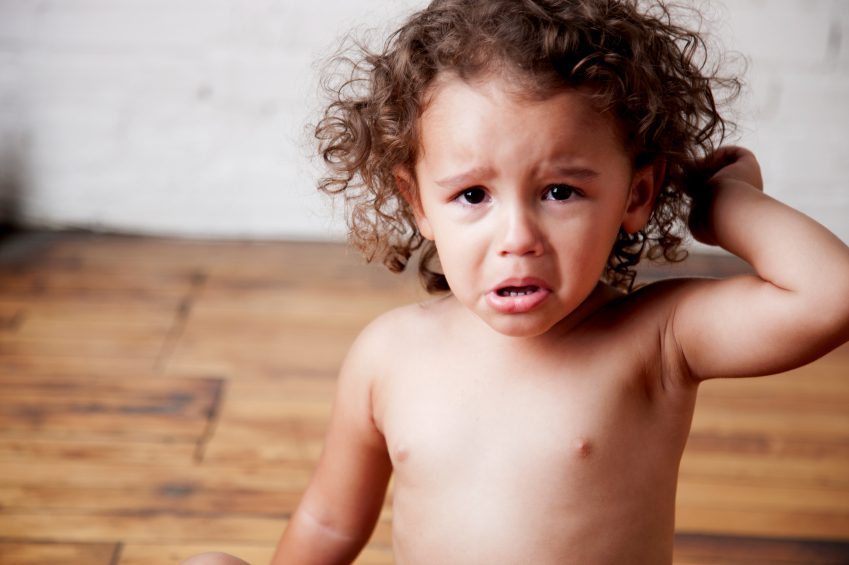My 2-Year-Old Resists Being Held
Posted in: Infants & Toddlers, Multimedia, Videos
Topics: Behavioral Issues, Child + Adolescent Development
2-year-olds look like they were made to be held.
We’ve all seen the dad in the park picking up his toddler, playfully spinning her around in circles while she throws her head back in delight and laughter.
But every now and then, and probably more commonly than many of us realize, there’s the little one who just hates being held.
Talk about painful…
Most parents start thinking about what it will be like to be a mother or father well before their child is born. Almost always the images involve holding and cuddling, and giving comfort through physical contact. But, when the child himself doesn’t want to be held, what then? What do we make of this seeming paradox? Don’t all children want to be held?
Like lots of things with kids, the extent to which kids want to be held sits fluidly on a spectrum. Some kids want to be held all the time. Others want very little contact at all. And, both of these preferences are potentially entirely normal. Parents may worry that when their child resists being held, it’s a sign of something very wrong. The list of what parents worry about is, of course, nearly endless, but when a child resists being held, that list starts being generated rather quickly.
So, the first step with this dilemma? Reassure yourself that if you child doesn’t want to be held, it’s by no means a sign that there is something dreadfully wrong. In some instances, especially when a child becomes more agile and ambulatory, he or she might resent the decreased independence that being held creates. Others might never want to be held that much, and this is especially confusing for families where another child has eagerly loved the parental embrace.
Much of this boils down to temperament. Temperament is the general term for the overall personality of a child, and that personality subtype is often seen soon after birth. The fussier-and-still-entirely-healthy child might never want to be held. The mellow-and-easy-going child might love being held. We’re all, after all, different.
Don’t make the mistake, therefore, of holding the child who resists being cradled. This creates a nearly untenable situation for parent and child alike. The child will be frustrated that he or she is disappointing the parent, while at the same time loathe being forced to do something against his or her will. The parent will likewise be met with repeated worries and disappointments. Take it slow in these instances. If things aren’t pressured, the child and parent will eventually find the middle ground.
Still, if there’s a sudden change, or if the response to being held is accompanied by other worrisome behaviors, you should seek expert help. Things to watch for include breaking eye contact, difficulty being looked at, and repetitive behaviors and movements. These behaviors suggest something more global like autism spectrum disorder.
But not always. That’s why an expert can help. Being a parent is scary enough. There’s no need to worry alone.
This article originally aired as an ABC Newssegment on 11/02/2009.

 Share
Share Tweet
Tweet





